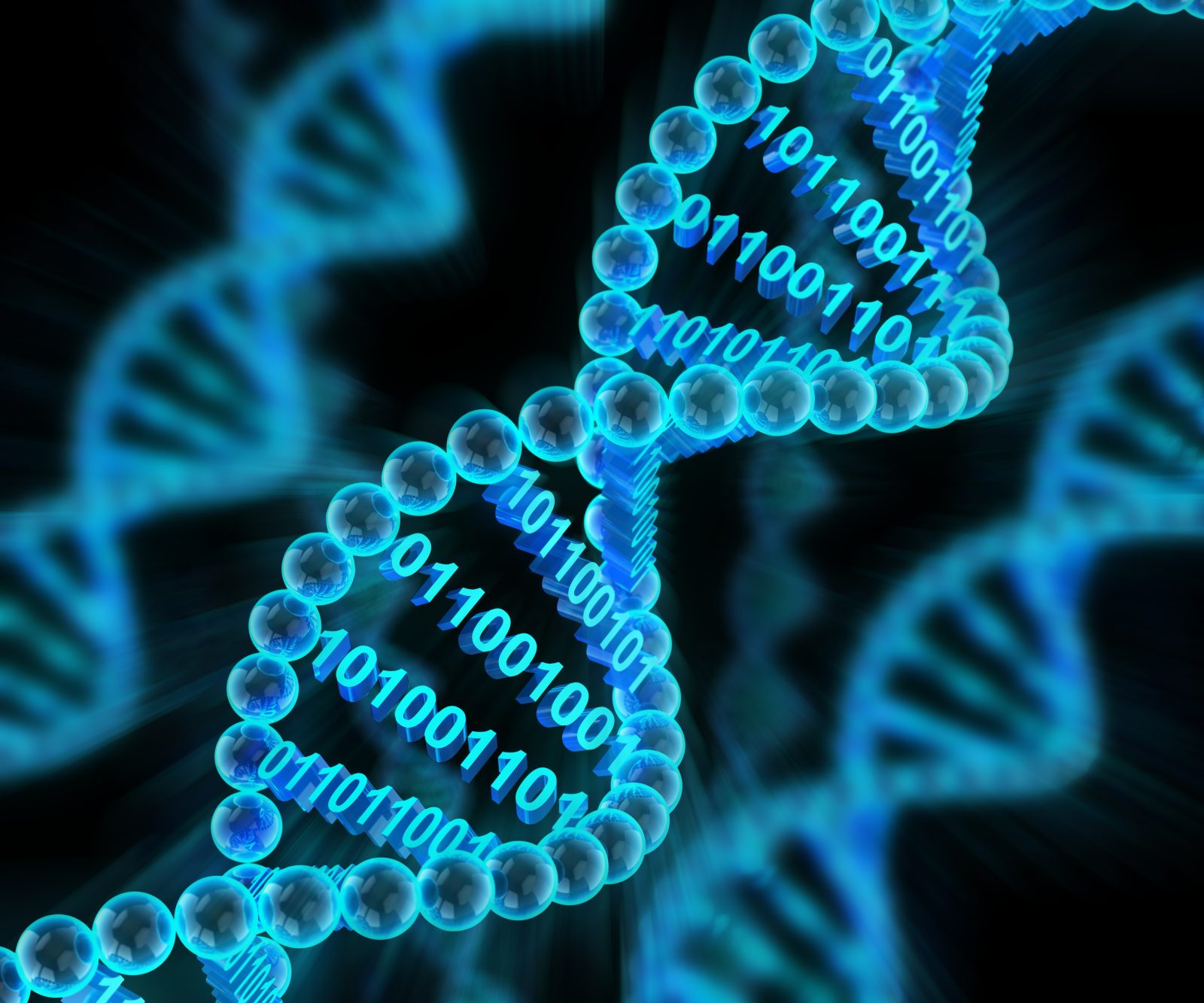


James Tour Interviews William Dembski, Pt. 1
Today’s ID the Future features Rice University synthetic organic chemist James Tour and intelligent design pioneer William Dembski discussing information theory, information as a meaningful reduction of possibilities, Shannon information versus specified information, and how natural selection has come to function as a God substitute for many scientists, despite the lack of evidence. The conversation is borrowed, with permission, from Dr. Tour’s Science & Faith podcast.

Stephen Meyer: Yes, Intelligent Design is Detectable in Nature
On this episode of ID the Future, Andrew McDiarmid reads a popular essay by philosopher of science Stephen Meyer on the detectability of intelligent design in nature. The article recently appeared in Sapientia, and here at Evolution News. In the piece, Meyer explains the logic by which we routinely know there’s been a creative intelligence at work. Meyer unpacks this logic in terms of information, which we can see clearly in the cell, but elsewhere in nature, too. He also shows how this detection method is an established part of the historical sciences.
Read More ›